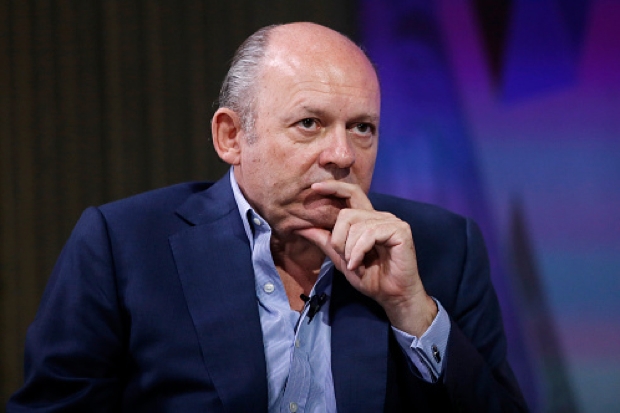The Daily Telegraph revealed on Tuesday that Michael Spencer, the chief executive of Icap, has been blocked for a peerage by the House of Lords Appointments Commission (Holac). All the indignation just now is against David Cameron’s resignation honours list, packed with his ‘cronies’, who allegedly include Mr Spencer. It is misdirected. The real anger should go against the pharisaical bureaucracy which has been imposed upon patronage.
No one is allowed to know why Mr Spencer has been blocked, yet the world knows that he has been because, supposedly, he has ‘the wrong sniff’ about him. His company was fined by regulators for transgressions in relation to Libor, but he and his senior staff were not involved, and the three Icap employees charged with criminal offences were all acquitted. There is nothing known against Mr Spencer. So the poor man is actually in a worse position than if he had never been nominated for a peerage at all – libelled, in effect, and without means of redress. He was a very successful Conservative party treasurer, and all his predecessors for many, many years in that post have been made peers. He was a big donor to the Conservative party. He is also a big employer, running a global business. All these things are, in principle, meritorious (and would be equally so if he had supported Labour rather than the Tories).
Political parties are important voluntary organisations which should not be run by the state, so individuals who give and raise a lot of money for them are doing us all a favour. It would be perverse if they thereby disqualified themselves from honours. Holac is filled by respectable people but none of them, almost needless to say, has followed a career in business. They will therefore tend to find it easy to wave through the ennoblement of former permanent under-secretaries, ex-ambassadors, vice-chancellors and quangocrats, but get twitchy when faced with a man who has made money.
There are many arguments against an appointed House of Lords, but since we have one it would be much better if the Prime Minister, after taking informal advice and agreeing conventions with other parties, simply put in who she or he wanted, and faced public anger if she picked a bad ’un. The 21st-century doctrine of rule by ‘independent’ committees makes public life ever more enmeshed in the interests of a self-perpetuating establishment, and ever less open to new people.
This is an extract from Charles Moore’s notes. The full article can be found here.







Comments